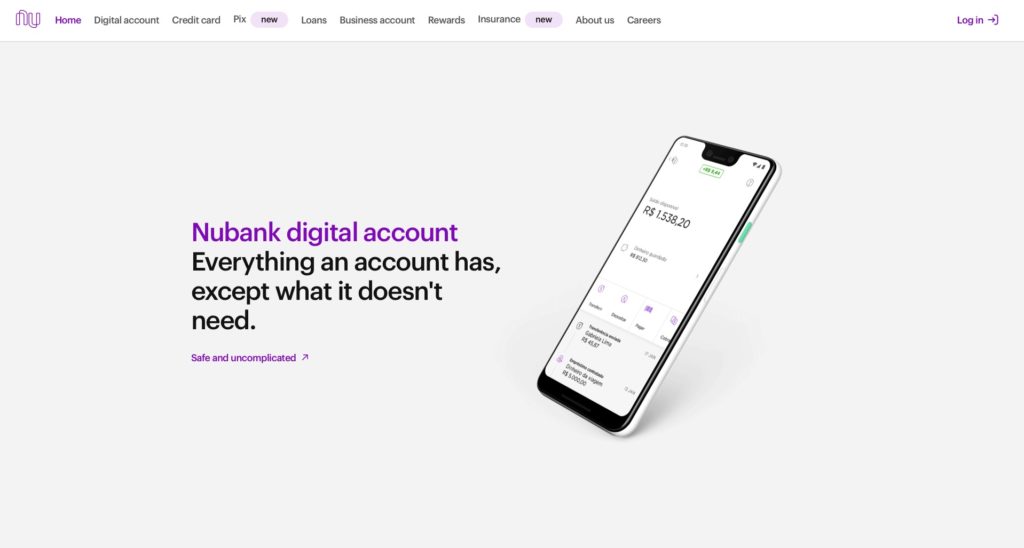
In a round led by New Enterprise Associates, a featuring the participation of more than twelve investors – including executives from Plaid – digital banking solution provider Narmi has raised $20.4 million in new funding. The investment represents the lion’s share of the New York City-based fintech’s total capital, and will be used to help power Narmi’s mission to enable regional banks and credit unions to compete with big banks and neobanks, alike.
“We started Narmi with the mission to help financial institutions thrive in a digital-first world and that mission hasn’t changed,” company co-founder Nikhil Lakhanpal said. “Since launching over four years ago, we’ve experienced over 100% revenue growth every year, launched four enterprise-grade platforms, and helped our partner financial institutions delivery transformational results.”
Also participating in the Series A round were Patriot Financial Partners, Picus Capital, Contour Ventures, and Firebolt Ventures.
Narmi’s cloud-based, API-powered platform gives financial institutions the ability to leverage its digital account opening, consumer and business digital banking, and administrator console platforms to boost growth, increase deposits, and make operations more efficient. The fintech’s customers have reported a 55% increase in new account applications from non-account holders, a 65% reduction in application time, and a 50% decrease in support volume, helping lower back office costs.
And like many fintechs in the digital banking space, Narmi has seen a dramatic uptick in interest in digital solutions with the onset of the COVID pandemic. The company reported a 70% increase in digital activity and transactions across its customer base.
Partner Radius Bank credited Narmi for helping it launch its online and mobile banking experience “50% to 70% faster” than its competitors. Radius Bank, named one of the Best Online Banks of 2021 by Bankrate, and one of the fastest growing banks in Massachusetts, was acquired by LendingClub a year ago for $185 million. Liz Landsman, General Partner at NEA, further praised Narmi for its “understanding of the challenges that regional banks and credit unions are facing to keep pace with an increasingly digitally-centric customer base in banking today.”
Founded in 2016, Narmi also includes Freedom Credit Union and Berkshire Bank among its customers.























